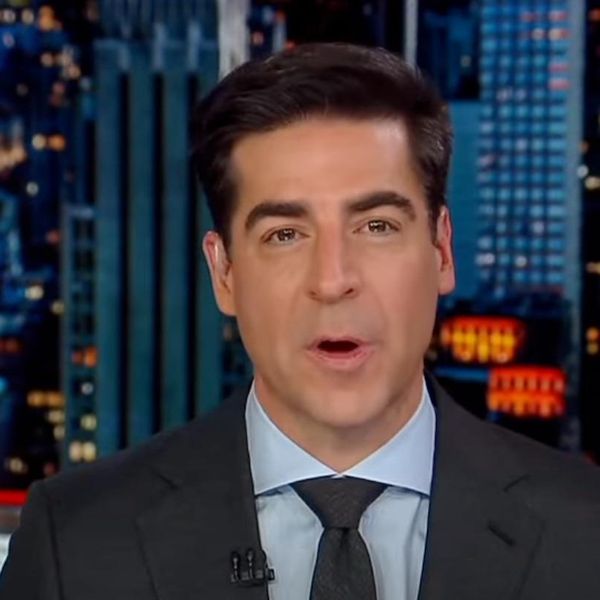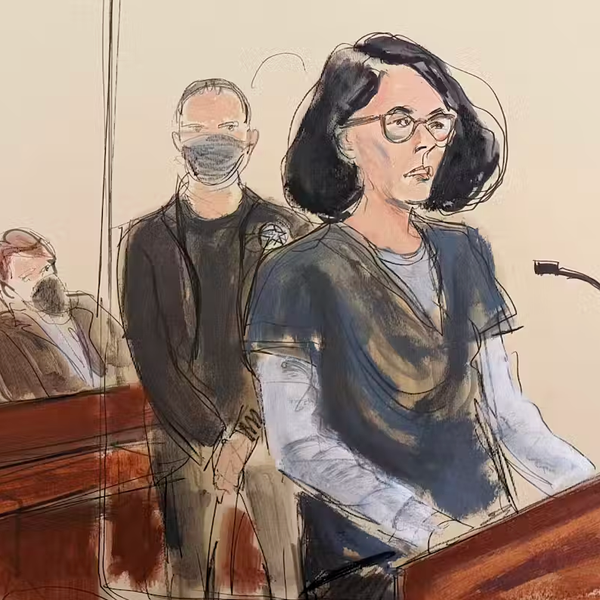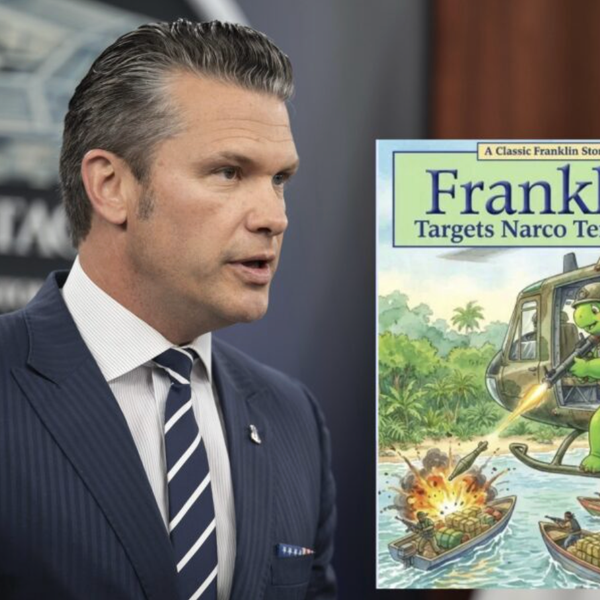Ten years ago, I was a newspaper reporter spending a lot of my days with Michael Green, a 36-year-old African-American man who had recently been released from prison.
Green had served 13 years for a rape he did not commit. His accuser was a white woman from West Virginia in treatment for cancer at the Cleveland Clinic. As photos unearthed more than a decade later proved, Green bore little facial resemblance to the rapist, but the victim never had met black people until she came to Cleveland. Plenty of studies on eyewitness identification have shown that if you don’t know members of a race different from yours, you’re likelier to think they all look the same.
This proved to be Green’s undoing. Police repeatedly showed the rape victim Green’s picture in a variety of photo lineups of black men. Eventually, she identified Green as her attacker. His trial took place during the same month the infamous Willie Horton ad ran against Democratic presidential candidate Michael Dukakis. Green was convicted at the age of 23.
The Innocence Project won Green’s release in the fall of 2011. I chronicled his ordeal in a 2002 series for The Plain Dealer, titled “Burden of Innocence.”
I’ve been thinking of Michael Green a lot lately because of Trayvon Martin, the unarmed black teenager who was killed in Sanford, Fla. More specifically, I’m haunted by the promise Green extracted from me 10 years ago.
The facts of Trayvon’s murder continue to unfold, and misinformation is rampant.
Some things we know.
–George Zimmerman, a 28-year-old neighborhood watch captain with a penchant for calling police, placed a call on the night of Feb. 26 to report Trayvon as a suspicious person.
–Zimmerman continued to pursue Trayvon after the police told him to stop, and he shot the boy, who carried a bag of Skittles and a bottle of iced tea but no weapon.
–Zimmerman invoked Florida’s “Stand Your Ground” law, claiming he shot Trayvon in self-defense.
–Trayvon’s parents had to fill out a missing person’s report to find out his body lay in a morgue.
–Police did not arrest or charge Zimmerman, but public outrage has led to a new investigation.
–Geraldo Rivera ignited another firestorm after saying in an interview on Fox News Channel, “I think the hoodie is as much responsible for Trayvon Martin’s death as George Zimmerman was.” Rivera apologized for making the comment but did not retreat from his theory.
–Proving there’s enough poor judgment to go around, director Spike Lee retweeted to more than 240,000 followers a home address for the wrong George Zimmerman. The elderly couple living there fled in fear for their safety, and a number of racist tweets responded to Lee’s.
Most following the coverage of Trayvon Martin’s death know all of the above. There is something else all of us should know, but this is where our awareness is mitigated by race: Only some of us know what it feels like to be the parent of a black boy in America.
Certainly, many white parents grieve for Trayvon’s parents, but this tragedy has not rendered us more fearful for our own. Life goes on, just as before.
Black parents, however, particularly those with sons, have been sitting their children down and lecturing, imploring and begging them to remember what to do if ever they find themselves stopped by the police.
This is why I’m thinking about Michael Green.
Green extracted only one promise from me in the year that I covered him. He knew that I’d be giving a lot of speeches about his story after the series ran and that I would be talking to many African-American students.
“Tell the boys,” he said to me over and over. “Tell the boys this comes from me: If the police stop you, don’t ever run. Take your hands out of your pockets. Immediately. Put your hands over your head. Immediately. Stand perfectly still, and keep your opinions to yourself.”
This was in 2002.
“You have to promise,” he said. “You have to warn them.”
For years, I did exactly as Michael asked. No matter what the topic, if I was standing in front of a classroom that included African-American males, I would recite Michael’s list.
One day, I stopped. I don’t know exactly when or where. It wasn’t a conscious choice. I am ashamed to say the issue had begun to recede for me, for no good reason.
Now, for the worst of reasons, I’m back to thinking about it every day.
Some promises, I fear, must last a lifetime.
Connie Schultz is a Pulitzer Prize-winning columnist and an essayist for Parade magazine. She is the author of two books, including “…and His Lovely Wife,” which chronicled the successful race of her husband, Sherrod Brown, for the U.S. Senate. To find out more about Connie Schultz (con.schultz@yahoo.com) and read her past columns, please visit the Creators Syndicate Web page at www.creators.com.
COPYRIGHT 2012 CREATORS.COM








